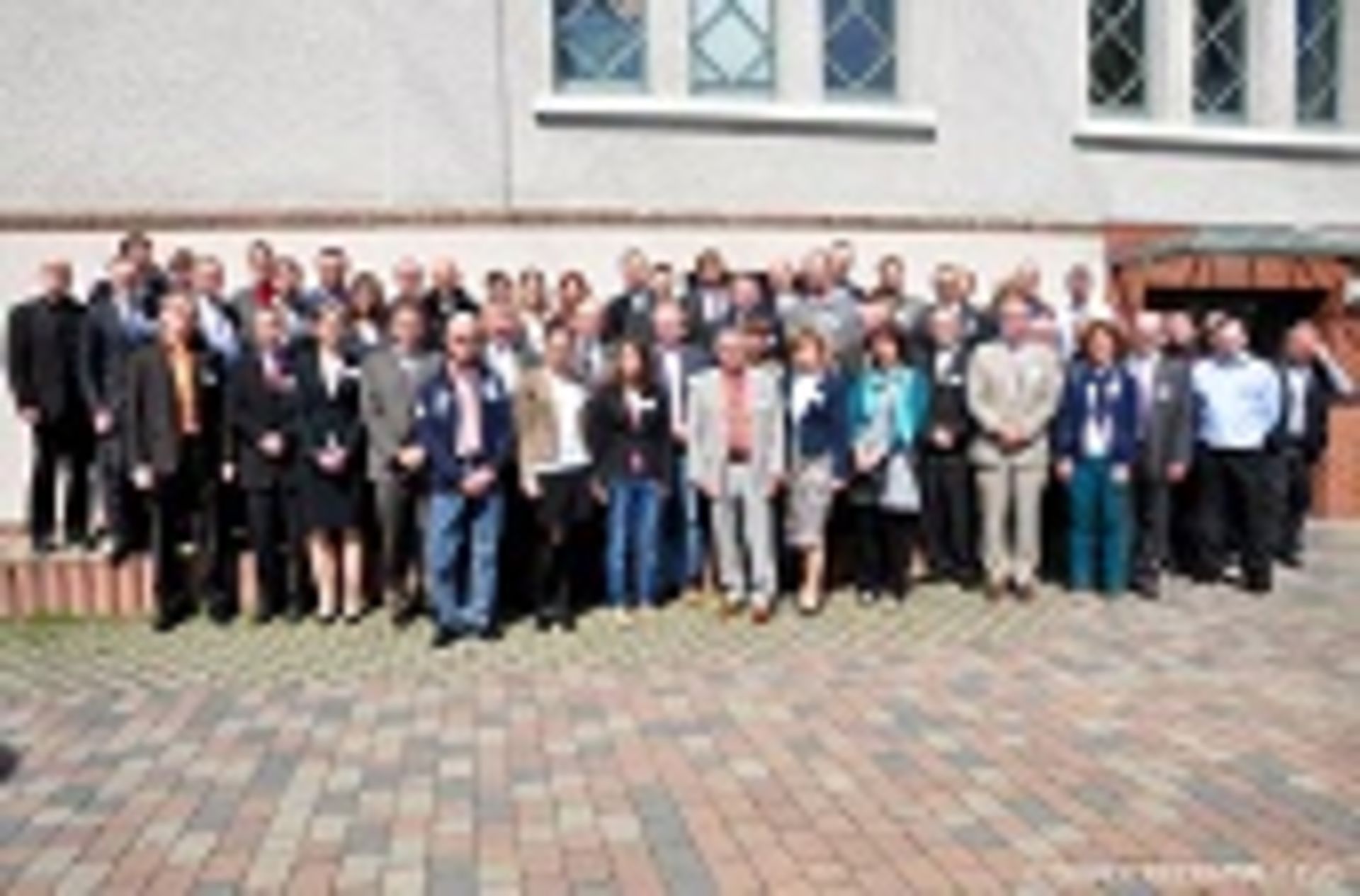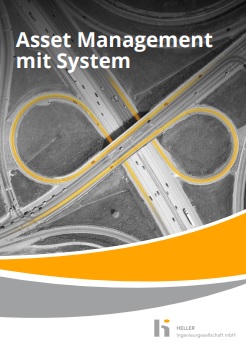6th exchange of experience: Coordinated maintenance planning KEB

Gregor Schröder (Director of the Department StB 27) spoke about predicting the need for maintenance of the federal highway network and described the history of pavement management in the federal government. He stressed the need for suitable standard procedures for the infrastructure maintenance planning in the short to medium-term.
Procedures and processes for coordinating the maintenance requirements of roads and engineering structures have existed at the state level for several years. Some of these procedures have already been standardized to such an extent that they are documented and further developed similarly to the condition survey and assessment (ZEB). In the State of Bavaria, the "improved maintenance planning" has been successfully used for 15 years for the planning and coordination of maintenance measures. Dr. Olaf Weller (Supreme Building Authority) gave the participants a brief overview of the history of the process and outlined the further development steps. The state of Baden-Württemberg pursues similar approaches to a condition-based maintenance management. In his presentation, Andreas Hollatz (Ministry of Transport and Infrastructure) demonstrated how the necessary investment funds can be derived and distributed using a transparent procedure: Since 2012, all units in Baden-Württemberg as well as the public have been informed about the need for maintenance via standardized documentation.
Also in North Rhine-Westphalia, condition-based planning principles for maintenance management are developed. Dr. Cornelia Schmidt (Landesbetrieb Straßenbau NRW) described the requirements to improve the Coordinated Maintenance Planning for federal motorways and presented current project results. In Lower Saxony, the use of condition data is already established in the processes, as is the calculation of maintenance strategies. Using the latest project results, Hartmut Röhrbein (Lower Saxony Authority for Road Construction and Transport) showed how the principles for maintenance planning are updated annually by taking into account the realized construction measures. What applies to the large states is also valid in municipal road networks, as demonstrated by Uwe Schadoffsky (Ministry of Economics, Transport and Innovation of the City of Hamburg). The results of the third ZEB on main roads are currently being evaluated and made available for the districts. Two presentations from other European countries showed that the German procedures have proven effective. Zbigniew Tabor (Director of the Silesian Road Administration) described how the road condition of the voivodeship road network changes over time and which effects on the formation of maintenance sections follow. On behalf of the department of La Mayenne, Perrine Villotte (HELLER) showed how the Coordinated Maintenance Planning was adapted to the needs of the French colleagues and successfully implemented. The numerous questions from the audience were proof of the German participants’ interest in the innovative approaches from Poland and France.
An important topic on the agenda was the comparison of the Coordinated Maintenance and Construction Program and the classic PMS. Both procedures work in parallel and serve different goals. Pavement Management Systems (PMS) are used to determine long-term strategies, whereas short to medium-term issues can be addressed very efficiently with the Coordinated Maintenance and Construction Program. Prof. Dr. Markus Stöckner (Karlsruhe University of Applied Sciences) and Guenther Maerschalk (SEP Maerschalk) gave a well-founded overview of pavement management.
For almost 20 years, the condition survey and assessment has been one of the most important sources of information for investment decisions to improve road infrastructure. The current procedures for maintenance management are increasingly being used. Dr. Slawomir Heller, Henning Balck, Markus Ruess, Christian Komma and Marek Skakuj (all colleagues at HELLER) presented their experiences from many projects with the German federal states and gave an outlook on how the Coordinated Maintenance Planning will be implemented technically on the web in the future.
Due to the consistently positive encouragement of the participants for a regular event, the organizer of the exchange of experience (Heller Ing.-GmbH) will invite to a new conference next year.


